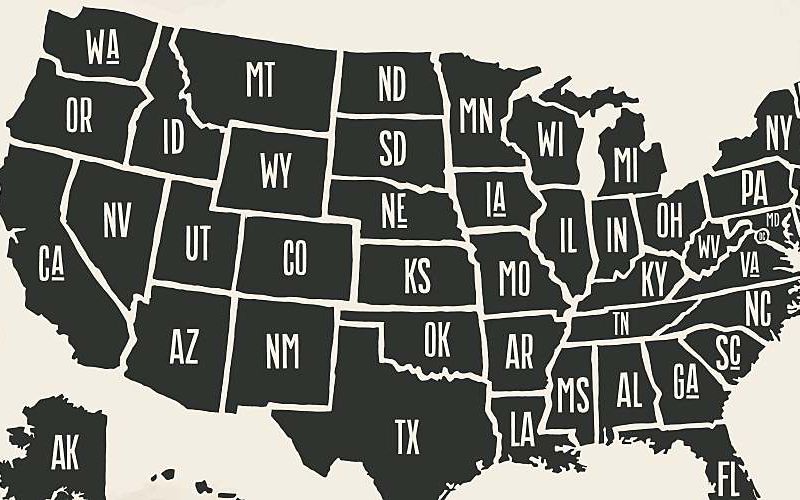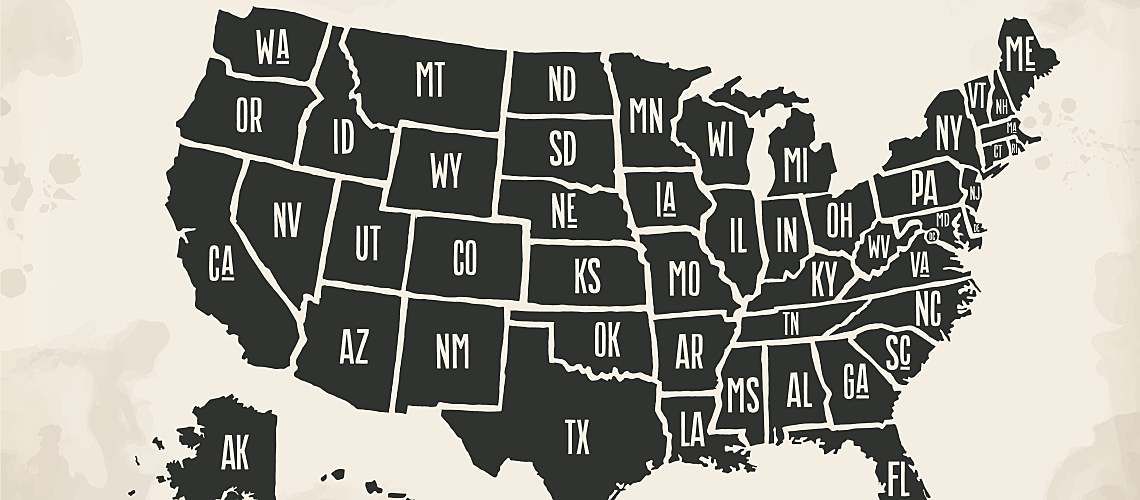Looking Back at Legionnaires' Disease Outbreaks Across the U.S. in 2019


Legionnaires' disease doesn't take a holiday. Throughout 2019, sporadic cases and outbreaks across the U.S. served as a stark reminder of the importance of proactive Legionella testing — and a rapid response to positive results.
Record Number of Reported Cases
Since 2000, reported cases of the disease have grown by nearly nine times in the country, according to the Centers for Disease Control and Prevention (CDC) — but the agency's experts aren't sure what's causing this uptick. The CDC's table of reported infectious diseases and conditions for 2018 showed a Legionellosis case count of 9,933. That was a record high, the Chicago Tribune reported when the numbers came out in early November.
The newspaper noted that: "Experts point to a number of causes for the explosion of cases across the country: decaying infrastructure, an aging population, greater testing for the disease, water conservation efforts, and even climate change."
Summer Sees an Uptick
Although Legionnaires' disease can strike at any time, the CDC reports that it's usually found more often in the summer and early fall. This seems to have been the case in 2019, as indicated by summer outbreaks across the nation.
The largest Legionnaires' disease outbreak in Georgia's history occurred over the summer, which resulted in 13 confirmed cases and 66 probable ones. In July, state health officials confirmed that guests who stayed at the Sheraton Atlanta had contracted the illness, and one woman who stayed at the hotel during this period ultimately died after becoming ill. The outbreak caused the hotel to close for a month while they searched for the source of Legionella pneumophila, resulting in lost revenue and a potentially damaged reputation.
Nearly a dozen cases of the disease around Chesterfield County, Virginia, prompted school closures and public health investigations in July, as well. Several Legionnaires' disease cases were linked to a retirement facility in Batavia, Illinois, in August. There were 13 confirmed cases at the facility and two others locally by the end of September, the Daily Herald reported in October.
Recent Outbreaks Raise Concerns
Public health officials confirmed a case of Legionnaires' disease at a nursing home in Mentor, Ohio, on Nov. 18. The patient was in stable condition, the Plain Dealer reported, but the Lake County General Health District said that the source of the infection was unknown. The next day, a lodge in Spring Green, Wisconsin, closed voluntarily while officials investigated a possible Legionella outbreak. The Sauk County Health Department confirmed two cases affecting guests who stayed at the lodge, according to WKOW.
Two months prior, health officials in North Carolina and Texas were racing to identify the source of outbreaks that occurred at two separate state fairs, which caused 142 cases of Legionnaires' disease and ultimately left five people dead.
No Sign of a Slowdown
These latest cases cap off a deadly year in the U.S. The outbreaks throughout 2019, as well as the recent cases confirmed in Ohio and Wisconsin, demonstrate that Legionella continues to pose an immense risk to public health. Water lab leaders can help by staying vigilant and supporting water plans of facility managers with timely and accurate testing. With smarter strategies in place, water labs can work hand in hand with communities to better protect the most vulnerable among us.






